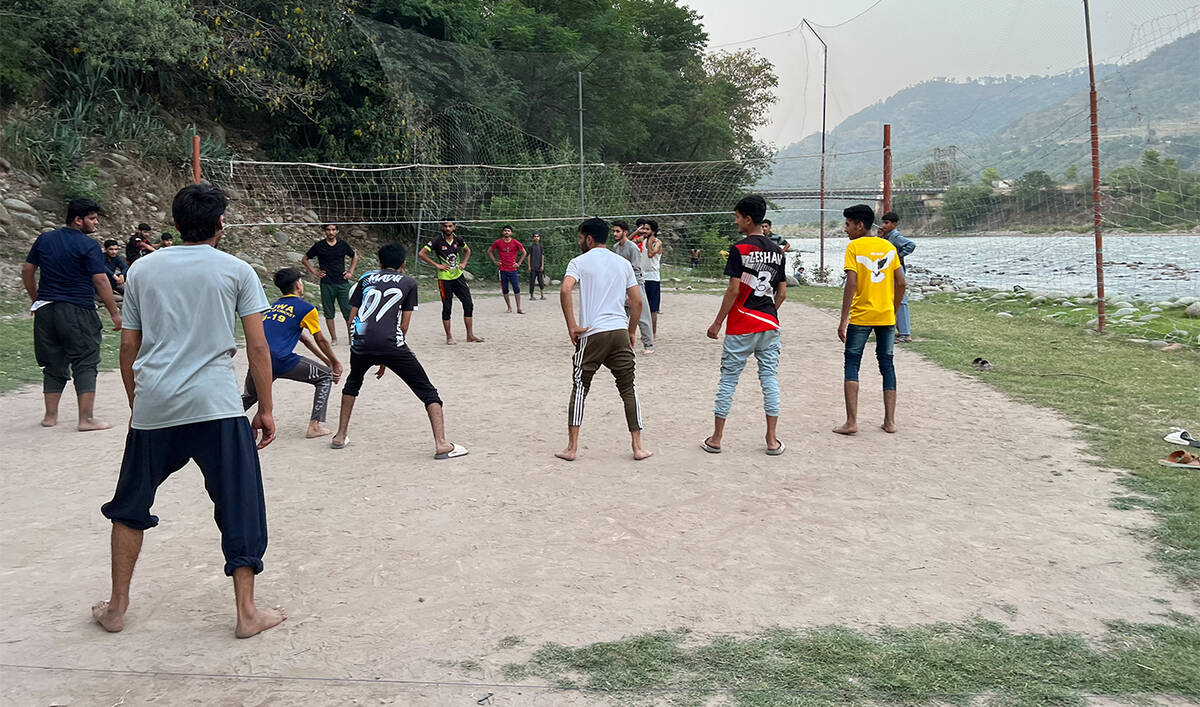ISLAMABAD: PakistanÔÇÖs Deputy Prime Minister and Foreign Minister Ishaq Dar said this week Washington had pushed for a ceasefire between Pakistan and India over fears the latest military confrontation between the nuclear-armed neighbors could turn into a ÔÇ£filthyÔÇØ all-out war.┬á
India and Pakistan engaged in four days of armed conflict last week, the worst between them since 1999, pounding each other with fighter aircraft, missiles, drones and artillery fire. The conflict erupted after weeks of tensions over an attack in Indian-administered Kashmir on April 22 that India blamed on Pakistan. Islamabad denies involvement.
India struck multiple Pakistani cities on Wednesday with missiles, claiming it had targeted ÔÇ£terroristÔÇØ camps in response to the April 22 attack. Islamabad said 31 civilians were killed in the assault and vowed to retaliate, saying it had shot down five Indian fighter jets. Things came to a head on Saturday morning, when Pakistan said India had attacked three bases, and it struck back with attacks on multiple bases in India including a missile storage site in IndiaÔÇÖs north.
Hours later, US President Donald Trump announced he had brokered a ceasefire between the two states, calming fears of an all-out war.
Speaking to American news channel CNN in his first interview since the ceasefire, Dar said US Secretary of State Marco Rubio told him on May 10 that India was ready to stop the fighting.
ÔÇ£After having seen our escalation, rather our counter-escalation in defense, I think certain capitals, particularly the US, realized it could be a really filthy next moves,ÔÇØ Dar said in the interview which aired on Monday night.
When asked what drove India to agree to a ceasefire, Dar said New Delhi must have realized ÔÇ£how serious the damage was on their sideÔÇØ after Islamabad dealt heavy losses to the Indian military in air combat and on the ground.┬á
ÔÇ£IÔÇÖm sure they would have realized that they had miscalculated,ÔÇØ he added.┬á
PakistanÔÇÖs military has said it targeted several Indian military sites on Saturday and destroyed an S-400 missile defense system as part of its retaliatory ÔÇÿOperation Bunyan-un-Marsoos,ÔÇÖ which translates to ÔÇ£Wall of LeadÔÇØ in Arabic.┬á
Speaking about the Indus Waters Treaty, which India has unilaterally suspended during the latest tensions, Dar reiterated IslamabadÔÇÖs position that it would be considered an ÔÇ£act of warÔÇØ if India diverted or stopped its flow of waters.
Brokered in 1960 by the World Bank, the IWT grants Pakistan rights to the western rivers ÔÇö Indus, Jhelum, and Chenab ÔÇö for irrigation, drinking, and non-consumptive uses like hydropower, while India controls the eastern rivers ÔÇö Ravi, Beas, and Sutlej ÔÇö for unrestricted use but must not significantly alter their flow.┬á
India can use the western rivers for limited purposes such as power generation and irrigation, without storing or diverting large volumes, according to the agreement.
When asked whether the two countries would go to war again if the water-sharing treaty was not resolved, Dar said:
ÔÇ£There are certain times when you have to take some very serious decisions,ÔÇØ he said. ÔÇ£Now, letÔÇÖs look forward positively. We want to take the whole process forward in an honorable way and with dignity for both sides.ÔÇØ
Pakistan and India have a history of bitter relations. They have fought two of their three wars over Kashmir, a region split between them, since gaining independence from British colonial rule in 1947. Both acquired nuclear weapons in 1998.

















